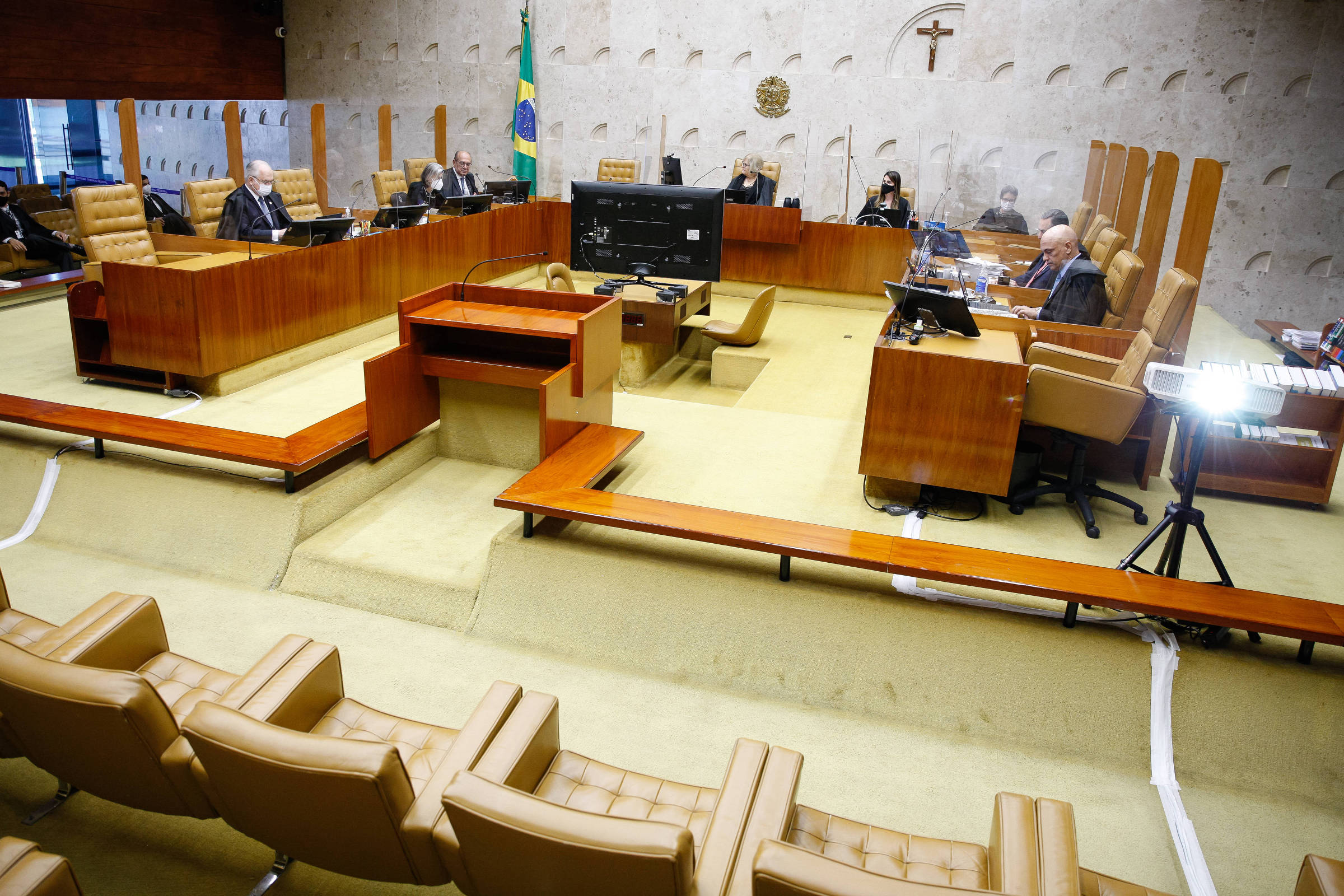The transformations that have taken place in society and the problems associated with democratic coexistence are reflected in the ongoing resistance tests of a model of separation of powers based on increasingly ominous assumptions of independence and harmony between public spheres.
The biggest crisis appears to be the legitimacy of all institutions, public and private, exacerbated by the “leveling” of information and disinformation networks, leading the process of shaping public opinion along dangerous paths of simplification, emotion, and exclusion of the other.
The STP, as it could not be otherwise, is involved in this turmoil, partly voluntarily, and as a result has questioned its legitimacy to act as a moderator/adviser of the political game and of the society itself, when the independence of its members and the technical criteria for decisions are called into question. , excluding any decision which is exempt from the legal force of the decisions of the members of the court.
Growing pressure to introduce ideological criteria in the appointment of its members, a phenomenon also seen in the selection of candidates for the US Supreme Court, fuels these suspicions, and discussions about the best standards for selection are again emerging. ministers.
I have already advocated in an article published in Folha that making the selection process more transparentwith a longer exposure time to candidates is the recommended route, requiring no major changes to the current model, but ensuring greater public participation and legitimacy of the process.
Today, such a solution no longer seems sufficient, although still necessary, given the risks of co-optation between powers and excessive polarization.
How to reduce the “contamination” of the court with day-to-day politics, or at least avoid repeated claims that ministers are tied to their respective “patrons”, is a big question with no clear answer.
Transforming the STF into a constitutional court and establishing mandates for its members along the lines of European constitutional courts, reducing the scope for monocratic decisions, or even defining its transfer from Brazil to another location, as in Germany, are relevant proposals, but they are difficult to implement. before our institutional model
historically common.
It is shown that the “free and immediate transition” of government members directly from political activity in the executive and legislative branches to jurisdictional functions is one of the factors of the greatest distrust of the independence of magistrates.
Quarantining those who leave the executive or legislature, so that only after the end of integrated administration they can act in the judiciary, can be a way of assessing, avoiding restrictions on the candidates themselves, equating restrictions to others. already available for similar sensitive functions.
I recall here the condition of the audit courts responsible, as assistants to the Legislative Assembly, for accounting, financial and budgetary audit of all public entities and for the very use of public money, the technical validity of whose decisions are questioned due to political criteria. prevails in the appointment of its members.
It is better to follow the already begun path of improving the Accounts Chamber; we should not
reproduce your problems in STF.
TRENDS / DISCUSSIONS
Articles published by subscription do not reflect the opinion of the newspaper. Its publication aims to stimulate the discussion of Brazilian and world issues and reflect the various currents of contemporary thought.














